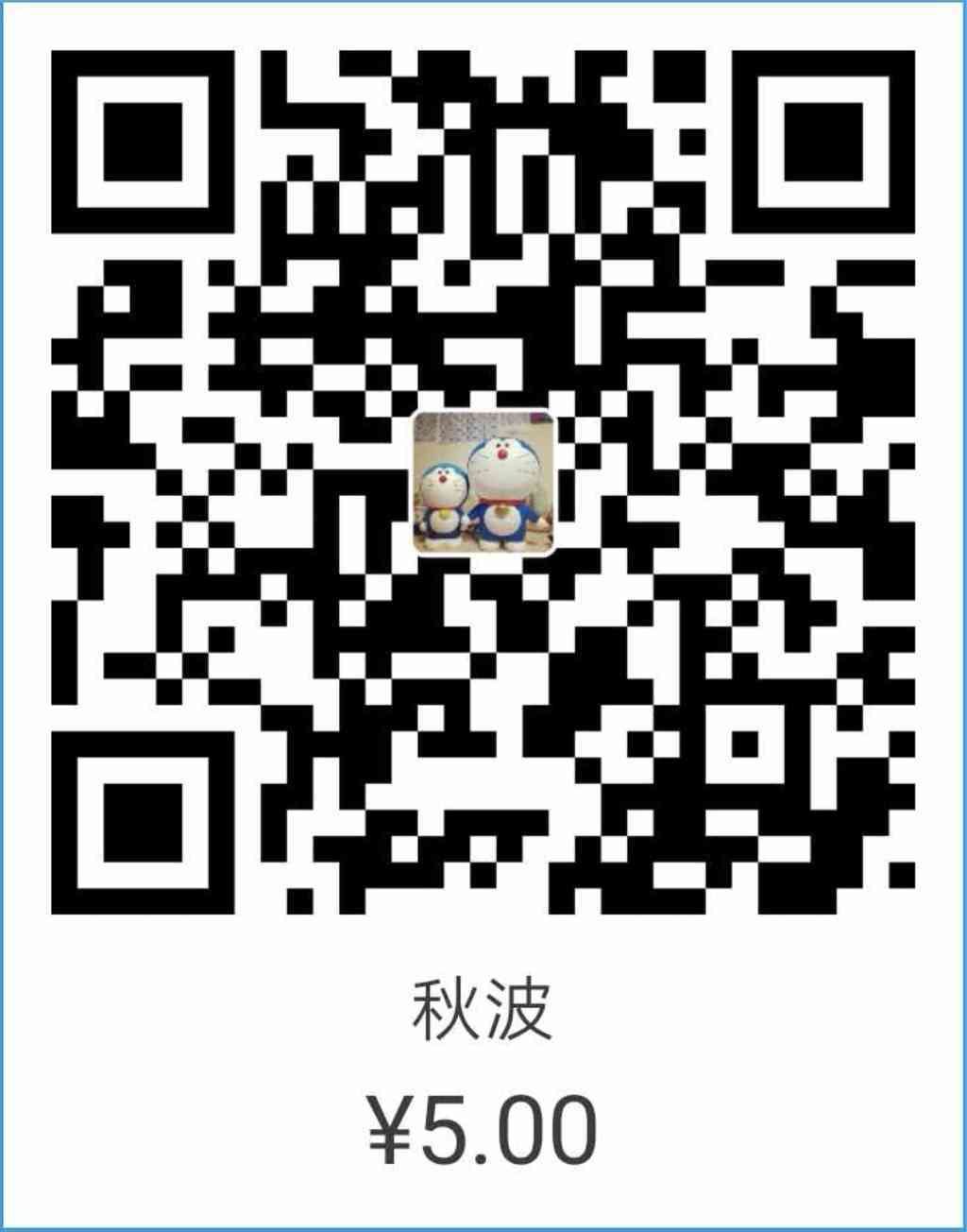1.背景
当cxf传输的数据对象结构变化时,比如请求对象减少了字段,响应对象增加了字段,在jaxb unmarsh时会抛出异常,导致接口访问失败.
javax.xml.bind.UnmarshalException: unexpected element (uri:"", local:"name"). Expected elements are <{}name>
上面这是一个典型的unexpected element异常,如果cxf客户端请求中多了一个name属性,或者cxf服务端响应中多了一个name属性,都会导致此异常.
2.源代码分析
翻了下源代码:
com.sun.xml.bind.v2.runtime.unmarshaller.StructureLoader#childElement检查是否是新增属性
@Override
public void childElement(UnmarshallingContext.State state, TagName arg) throws SAXException {
ChildLoader child = childUnmarshallers.get(arg.uri,arg.local);
if(child==null) {//检查是否新增属性
child = catchAll;
if(child==null) {
super.childElement(state,arg);
return;
}
}
state.loader = child.loader;
state.receiver = child.receiver;
}
在com.sun.xml.bind.v2.runtime.unmarshaller.Loader中检查是否处理此问题
public void childElement(UnmarshallingContext.State state, TagName ea) throws SAXException {
// notify the error, then recover by ignoring the whole element.
reportUnexpectedChildElement(ea, true);
state.loader = Discarder.INSTANCE;
state.receiver = null;
}
@SuppressWarnings({"StringEquality"})
protected final void reportUnexpectedChildElement(TagName ea, boolean canRecover) throws SAXException {
if(canRecover && !UnmarshallingContext.getInstance().parent.hasEventHandler())
//这里默认会有个EventHandler,不会直接忽略此问题
// this error happens particurly often (when input documents contain a lot of unexpected elements to be ignored),
// so don't bother computing all the messages and etc if we know that
// there's no event handler to receive the error in the end. See #286
return;
//下面的代码抛出异常
if(ea.uri!=ea.uri.intern() || ea.local!=ea.local.intern())
reportError(Messages.UNINTERNED_STRINGS.format(), canRecover );
else
reportError(Messages.UNEXPECTED_ELEMENT.format(ea.uri,ea.local,computeExpectedElements()), canRecover );
}
在org.apache.cxf.jaxb.io.DataReaderImpl#createUnmarshaller中设置了EventHandler,注意这里的veventHandler,默认是没有的.
if (setEventHandler) {
um.setEventHandler(new WSUIDValidationHandler(veventHandler));
}
org.apache.cxf.jaxb.io.DataReaderImpl.WSUIDValidationHandler的代码很简单:
private static class WSUIDValidationHandler implements ValidationEventHandler {
ValidationEventHandler origHandler;
WSUIDValidationHandler(ValidationEventHandler o) {
origHandler = o;
}
public boolean handleEvent(ValidationEvent event) {
String msg = event.getMessage();
System.out.println("WSUIDValidationHandler"+msg);
if (msg != null
&& msg.contains(":Id")
&& (msg.startsWith("cvc-type.3.1.1: ")
|| msg.startsWith("cvc-type.3.2.2: ")
|| msg.startsWith("cvc-complex-type.3.1.1: ")
|| msg.startsWith("cvc-complex-type.3.2.2: "))) {
return true;
}
if (origHandler != null) {
return origHandler.handleEvent(event);
}
return false;
}
}
先自己处理,自己处理不了的交给origHandler,那我们只需要自己构建一个javax.xml.bind.ValidationEventHandler来专门处理unexpected element异常,问题就得到了解决.
org.apache.cxf.jaxb.io.DataReaderImpl#setProperty中有段代码:
veventHandler = (ValidationEventHandler)m.getContextualProperty("jaxb-validation-event-handler");
if (veventHandler == null) {
veventHandler = databinding.getValidationEventHandler();
}
如果配置了jaxb-validation-event-handler属性,就可以让我们自己的javax.xml.bind.ValidationEventHandler来处理此异常.也可以设置setEventHandler为false,不设置异常处理器,忽略所有unmarsh异常,不过这样我感觉太暴力了点,这样做也忽略了org.apache.cxf.jaxb.io.DataReaderImpl.WSUIDValidationHandler的逻辑,点儿都不科学.
3.实现
上面分析清楚了,实现就很简单,实现javax.xml.bind.ValidationEventHandler
public class IgnoreUnexpectedElementValidationEventHandler implements ValidationEventHandler {
private static final Logger logger = LoggerFactory.getLogger(IgnoreUnexpectedElementValidationEventHandler.class);
@Override
public boolean handleEvent(ValidationEvent event) {
String msg = event.getMessage();
if (msg != null && msg.startsWith("unexpected element")) {
logger.warn("{}", msg);
return true;
}
return false;
}
}
在cxf:bus中配置下就ok
<cxf:bus>
<cxf:properties>
<entry key="jaxb-validation-event-handler">
<bean class="IgnoreUnexpectedElementValidationEventHandler"/>
</entry>
</cxf:properties>
</cxf:bus>
建议只在线上环境启用此东东,线下还是不要开启,早点发现问题是好事.

